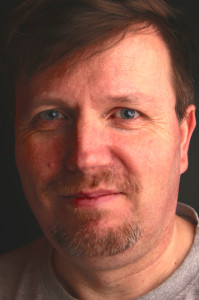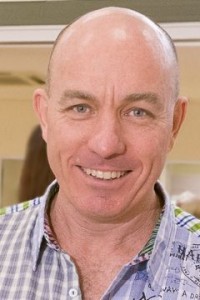 “We are like the tree standing in the middle of a bushfire sweeping through the timber. The leaves are scorched and the tough bark is scarred and burnt, but inside the tree, the sap is still flowing and under the ground, the roots are still strong. Like the tree, we have endured the flames and yet we still have the power to be reborn.” Miriam Rose Ungunmerr-Baumann, Senior Australian of the Year, 2021
“We are like the tree standing in the middle of a bushfire sweeping through the timber. The leaves are scorched and the tough bark is scarred and burnt, but inside the tree, the sap is still flowing and under the ground, the roots are still strong. Like the tree, we have endured the flames and yet we still have the power to be reborn.” Miriam Rose Ungunmerr-Baumann, Senior Australian of the Year, 2021
This section of the website focuses on the healing of trauma and historical trauma, in particular in relation to Indigenous peoples. I will write a series of articles, which will appear in the order they are written (oldest first), in an attempt to take the reader on a journey into this fascinating field.










